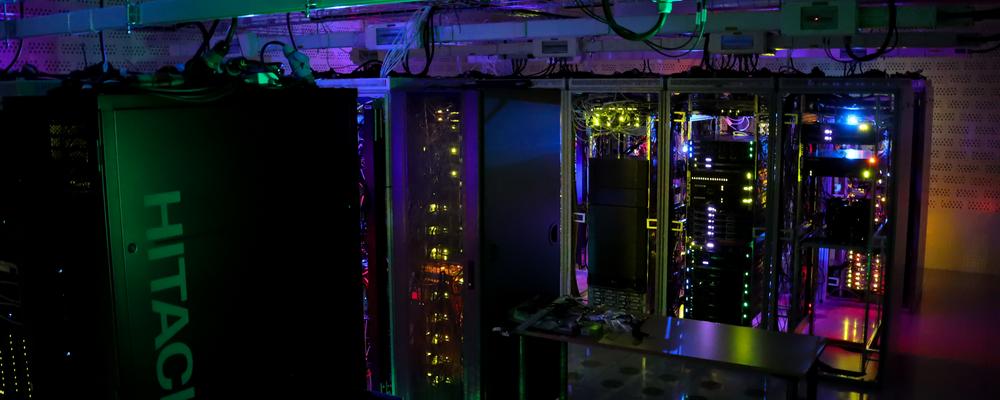Vinnova recently approved funding for the four-year project: System demonstrator for national collection and sharing of omics data for healthcare, research, and innovation. The project is a collaboration between seven regions and seven universities and has a total budget of 70 million SEK. It will establish a data lake in which data from across the country is continually fed into and can be used to make more precise diagnoses and treatments for patients.
- The project, along with the support we receive from the regions, is a significant step in fundamentally transforming healthcare and enabling precision medicine, says Per Sikora, Unit Manager at Core Facilities, Chief Engineer at Sahlgrenska University Hospital, and Co-Chair of Informatics and Infrastructure at Genomic Medicine Sweden (GMS).
Broad Access to Sequencing
The project is carried out within the Genomic Medicine Sweden (GMS) framework. GMS strives to provide broader access to comprehensive gene sequencing for patients across Sweden, leading to improved diagnostics, individualized treatment, and bolstering Swedish research in precision medicine.
- Vinnova's funding is a strong endorsement of the collaboration between regions and academia, demonstrating how our research infrastructure can enhance healthcare and patient well-being, says Elisabet Carlsohn, Head of Core Facilities.
By continuously ingesting data into the data lake, whose servers are currently being set up, all regions will be able to share data amongst themselves, provided all legal obligations are fulfilled. This not only means that patients can receive more specific diagnoses and treatment plans but also ensures equitable healthcare, regardless of one's location in the country. The data lake will also be a powerful tool and a strong resource for future research and innovation in Sweden.
After the interview, the project was granted funding of 12 million SEK from SweLife to improve integrations with authorities, industry, and research.
Text by Amelie Karlsson
